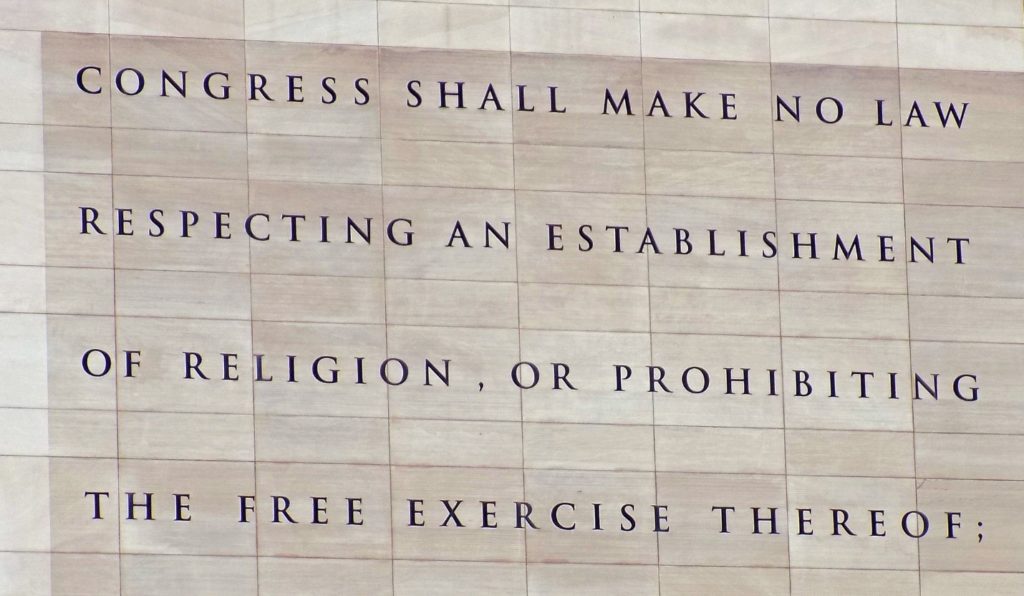 WASHINGTON DC – The Pew Research Center has released its comprehensive annual report on religious restrictions around the globe. The report compares restrictions in 2016 with previous years across two distinct categories: government-imposed restrictions and societal hostilities.
WASHINGTON DC – The Pew Research Center has released its comprehensive annual report on religious restrictions around the globe. The report compares restrictions in 2016 with previous years across two distinct categories: government-imposed restrictions and societal hostilities.
More than a quarter (28%) of the 198 countries included in the research were identified as having either a high or very high amount of government restrictions. This continues a three-year trend in which 24 percent were categorized as high or very high in 2014. In 2015, 25 percent were numbered in this category.
In the social hostilities section, 27 percent of the countries received a high or very high score. The percentage was the same in 2015, but up four percent from 2014. However, several countries were included in the 2016 list, including Bangladesh, where “terrorist organizations claimed responsibility for a significant number of attacks, many of them fatal, against religious minorities.”
A rise in nationalism accounted for increases in both incidents of government restrictions and social hostilities. Religious harassment spawned by nationalism is defined as anywhere a particular religion is deemed to be detrimental to the nation in question. Nationalism was the driver of religious restrictions by governments in one out of 10 countries, a five percent increase from 6% to 11% – nearly double. Nationalist rhetoric was identified as the catalyst for antagonization by organized social groups increase from 14% to 16%.
The number of countries identified as places where religious groups are “harassed either by governments or social groups” increased for all identified religious groups, with Christians being persecuted in 144 countries, Muslims in 142, and Jews in 87.
China, Egypt, Russia, India, Indonesia, and Turkey were identified among the countries with the most overall religious restrictions. China was at the top of the list of countries with the greatest amount of government restrictions. India led all countries in the level of social hostilities against religious persons and groups.
Typical of Pew Research, the 124-page report is the result of intense research and analysis which is provided at both an executive overview and appendices of details at the granular level. The group ranks countries against a 10-point Government Restrictions Index based upon 20 indicators of policies against religious expression.
Sources:
- Christian Post, Hostility to Religion Rising Globally, Christians Targeted in 144 Nations: Pew Study
- Pew Research Center, Key findings on the global rise in religious restrictions
- U.S. Department of State, International Religious Freedom Report for 2016, Bangladesh




